Bugatti has at last confirmed that it is taking the outlandish Bolide track car into production, nearly a year since it was unveiled in digital form as an experimental concept.
Just 40 examples of the skeletal track car will be built over the next three years, priced at €4 million (£3.4m) apiece, following "a great deal of enthusiasm and intrigue" for the concept at its unveiling. Owners will initially be invited to sample the car's performance at dedicated track events, so that they can be gradually introduced to its "breathtaking performance".
Described as “the most extreme, uncompromising, fastest and lightest vehicle concept” in the brand’s modern age, the Bolide weighs just 1450kg and makes use of Bugatti's now-venerable quad-turbocharged 8.0-litre W16 engine, powering all four wheels, and pumped up well beyond the 1578bhp it puts out in the Chiron Super Sport 300+ to a maximum of 1825bhp when using 110-octane racing fuel.
“For the first time, we're showing what the W16 engine is really capable of,” said Bugatti boss Stefan Winklemann.
This is done via “dethrottling” the intake an exhaust system, four newly developed turbochargers and a redesigned dry sump lubrication system, with Bugatti claiming a reduction in the powertrain’s weight.
There’s also air-to-air intercooling with water pre-cooling to keep temperatures down, while the brakes are kept ventilated by carbon-titanium radial 'turbofan' compressors. Three air-cooled oil-coolers, again with water pre-cooling, also feature for the engine, transmission and differential.
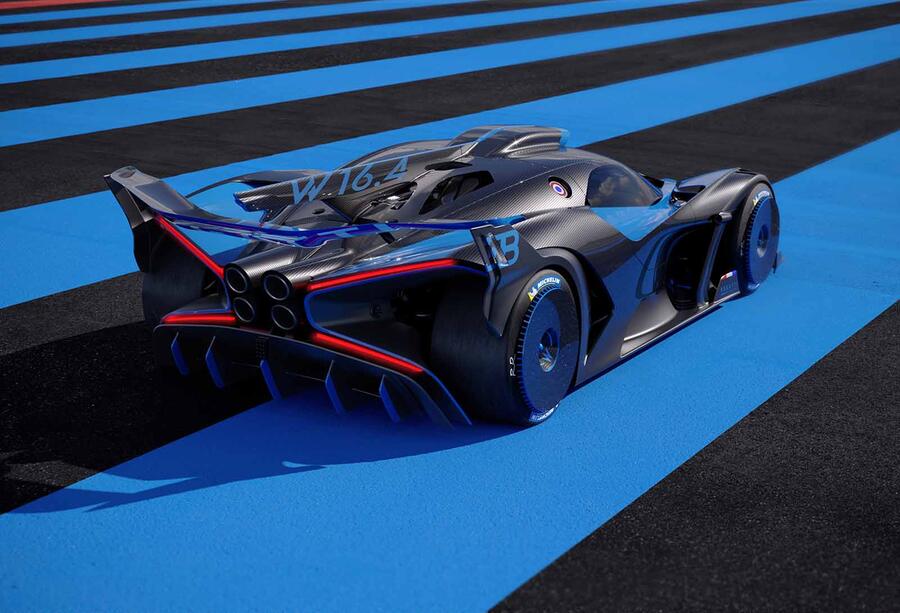
Just as much effort has gone into keeping the kerb weight down to that 1450kg figure. As well as using a “minimal body for maximum downforce”, the Bolide sits on a super-light and super-stiff carbonfibre monocoque. Carbonfibre is also used in the front-end and underbody. Bugatti claims the carbonfibre’s tensile strength is matched only by that used in the aerospace industry.
Furthermore, all screws and fastening elements are titanium, while super-thin aerospace-grade hollow titanium alloy, originating from 3D printers, is used for many components. Ceramic brakes feature callipers that weight just 2.4kg each, with centre-lock forged aluminium wheels weighing 7.4kg at the front and 8.4kg at the rear.
Those are shod in tyres with extreme width - up to 340mm at the front and 400mm at the rear, while there’s even a compressed-air-driven jack with four rams designed to make tyre changes easier.


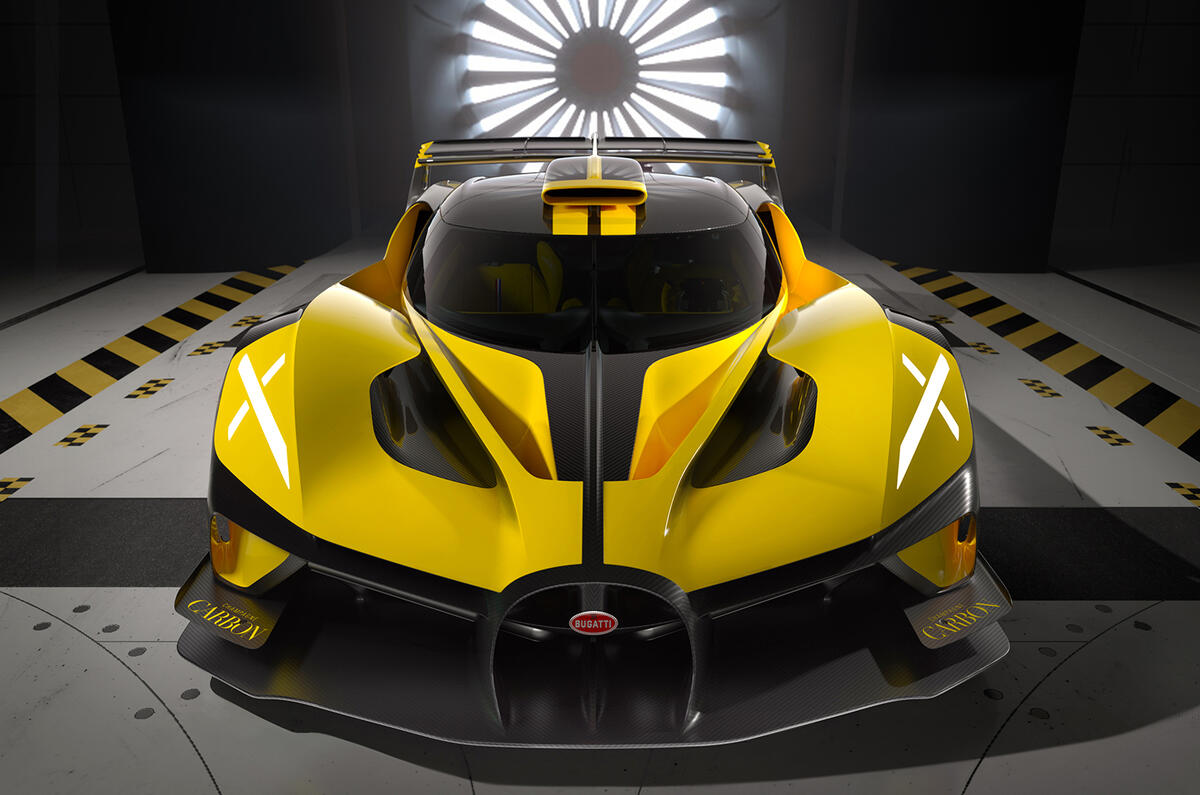
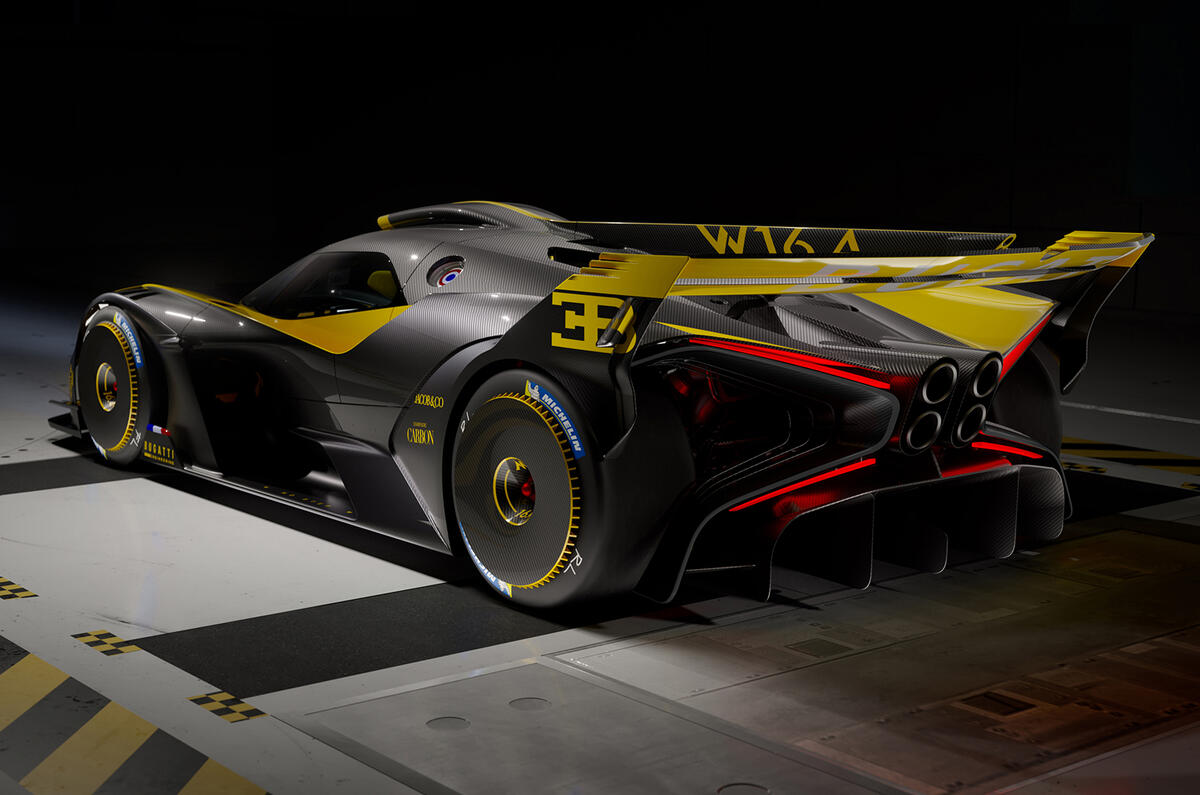
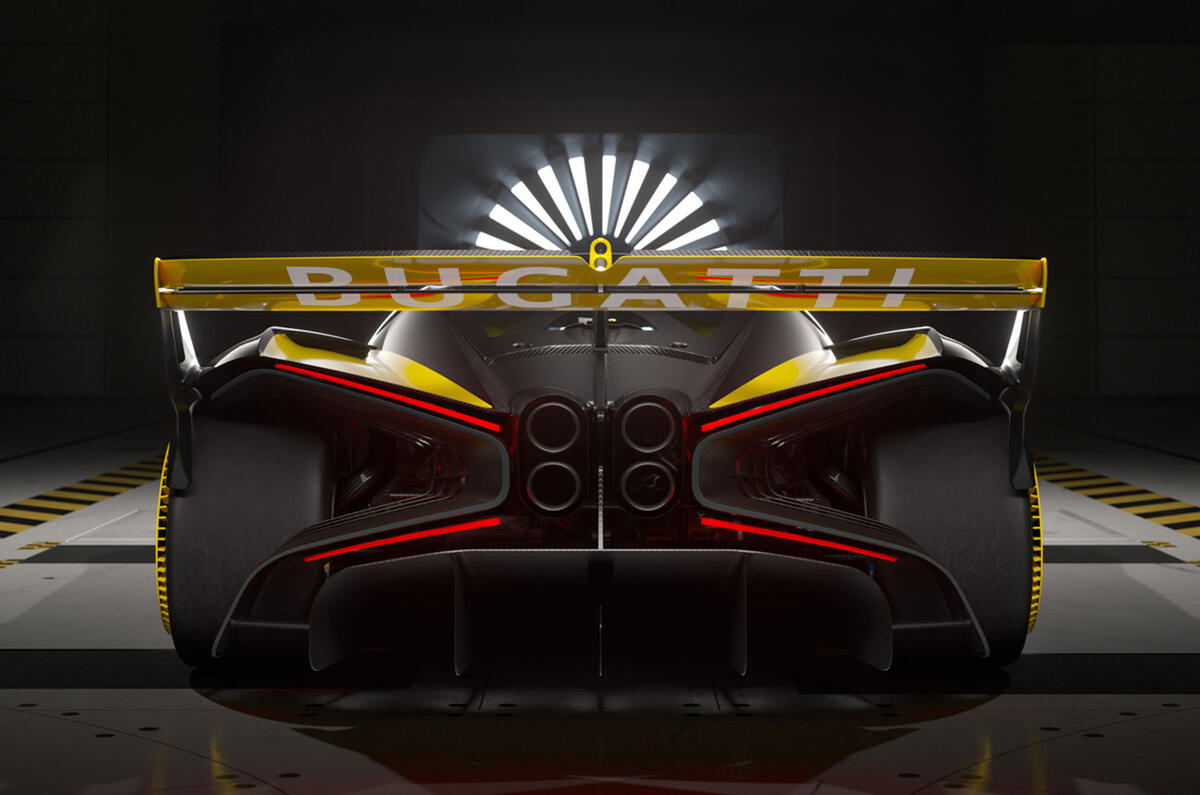
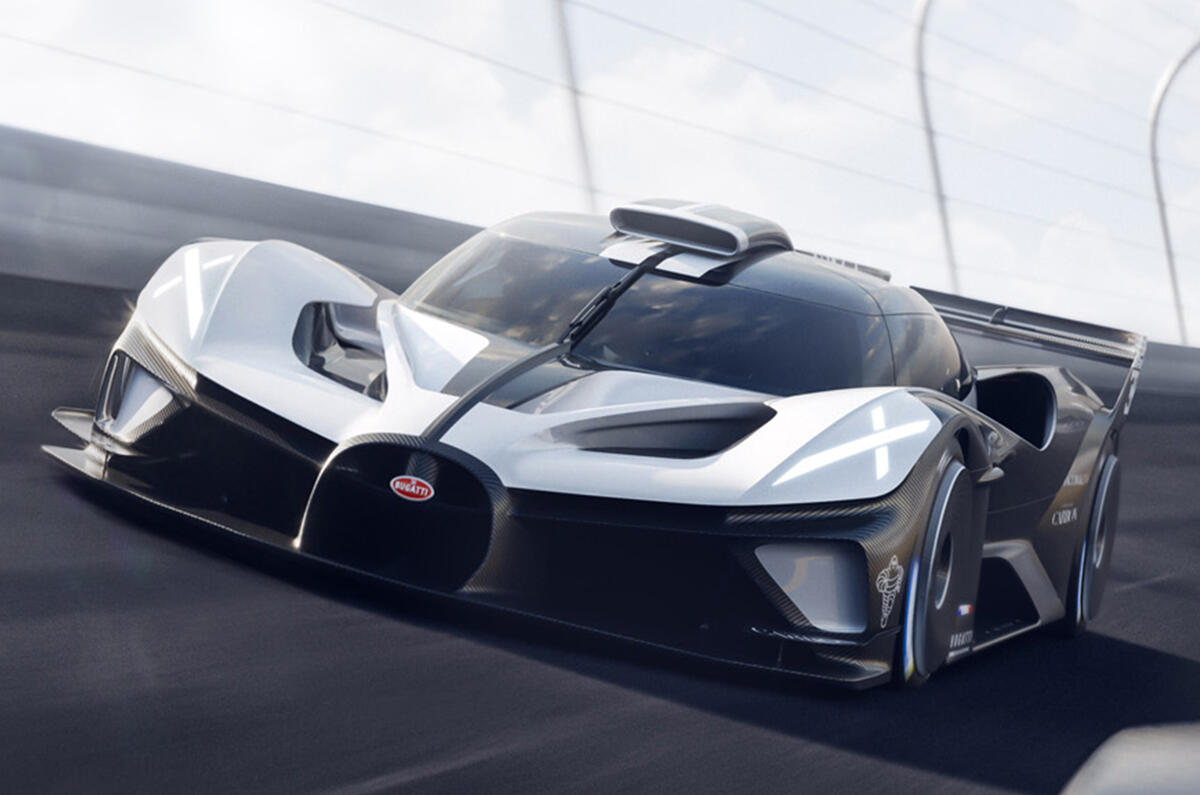
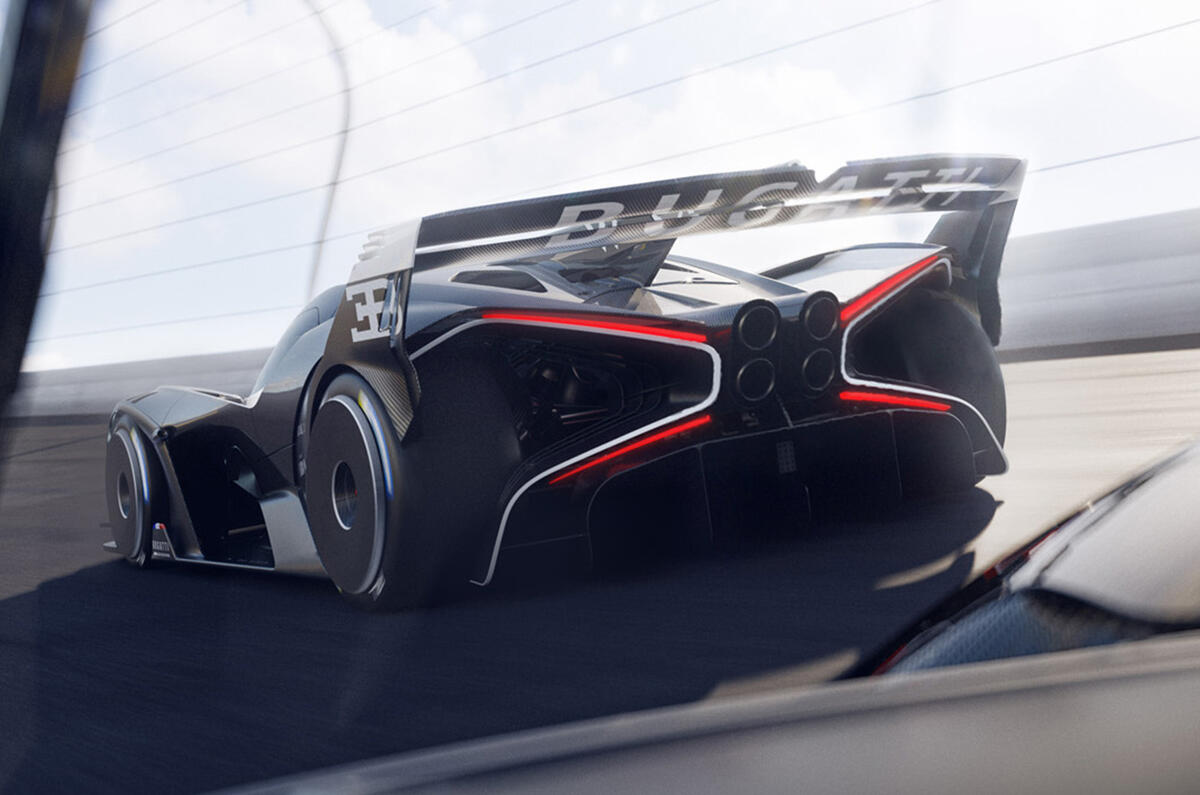
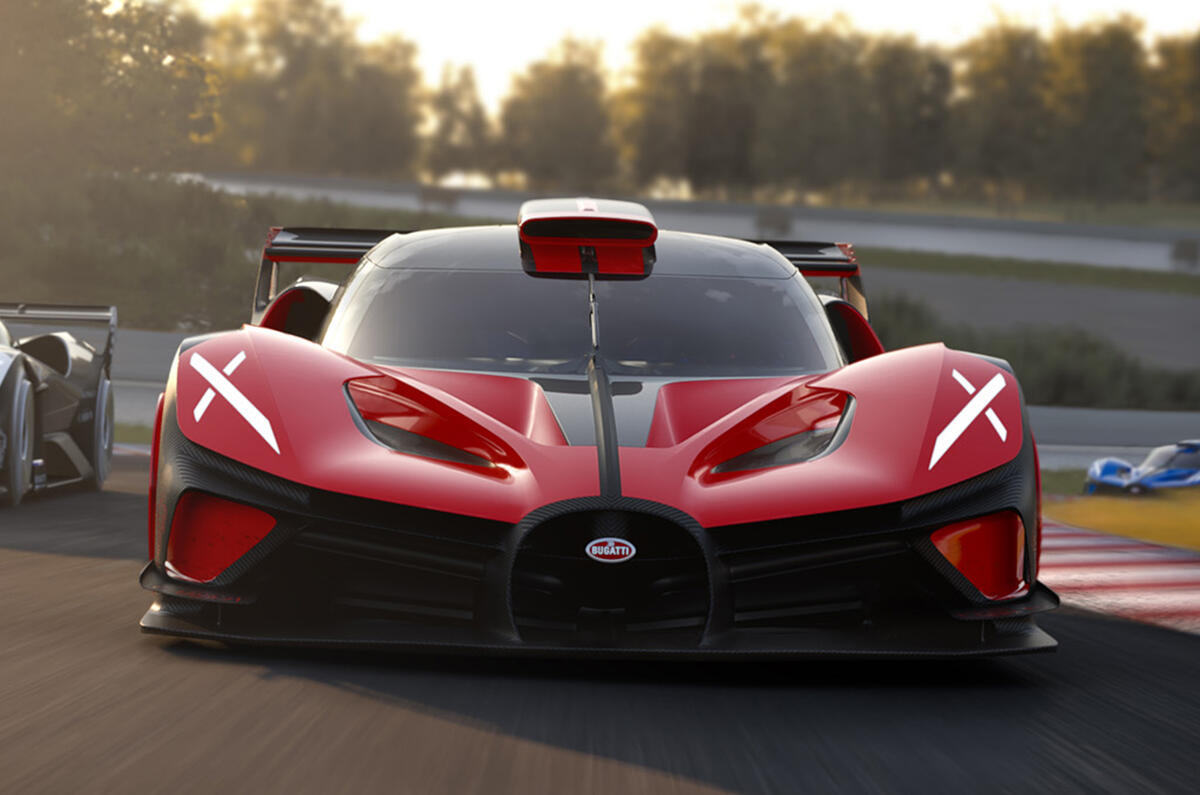



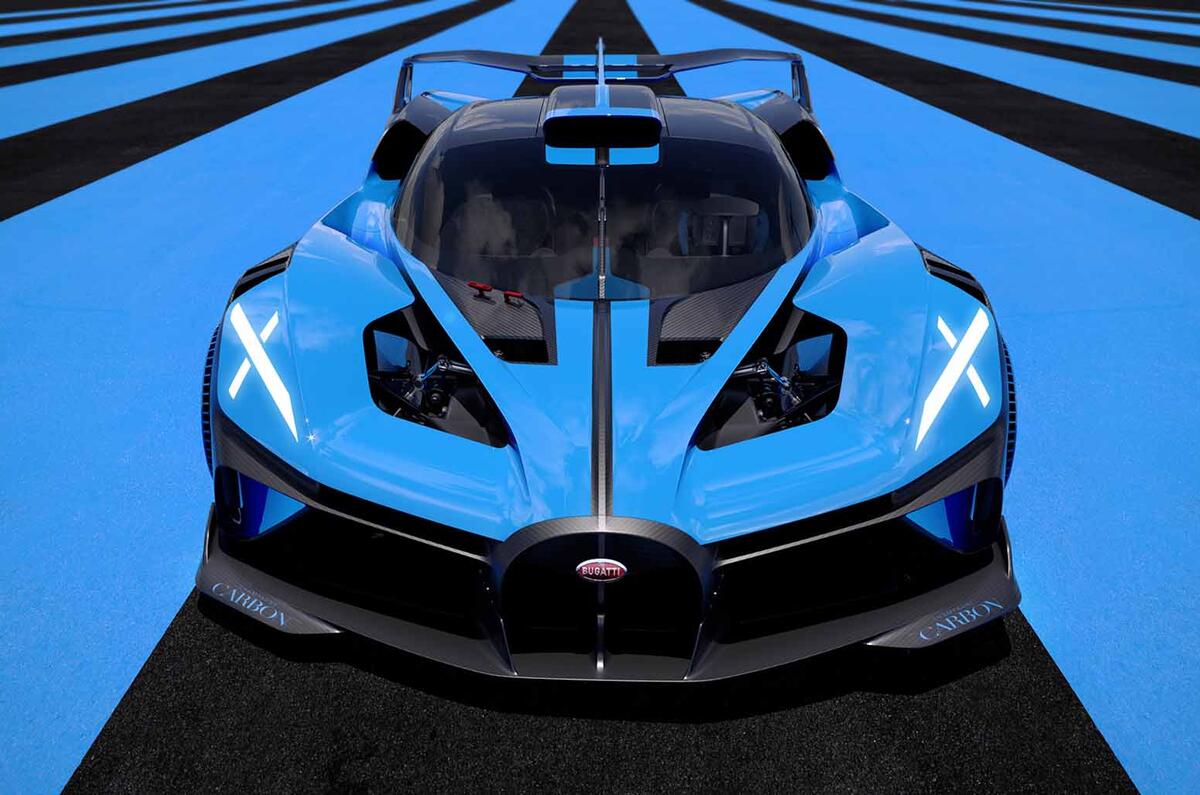
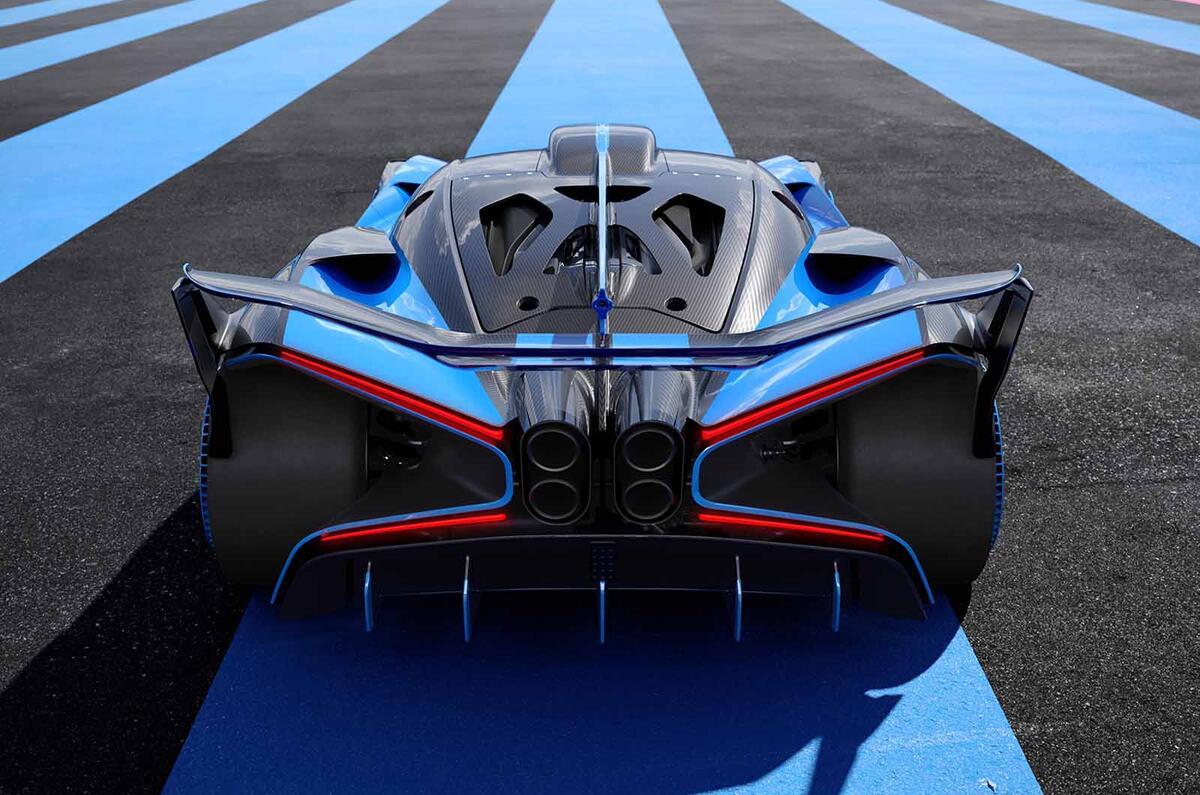
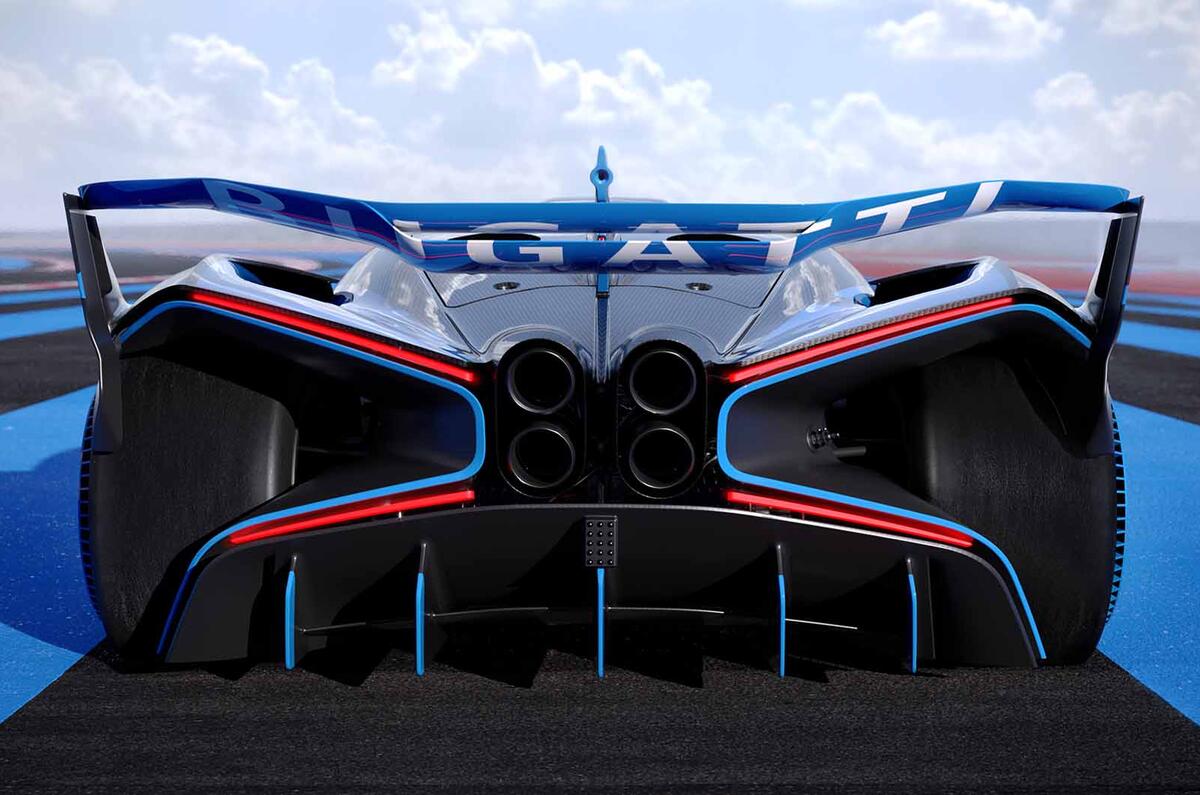
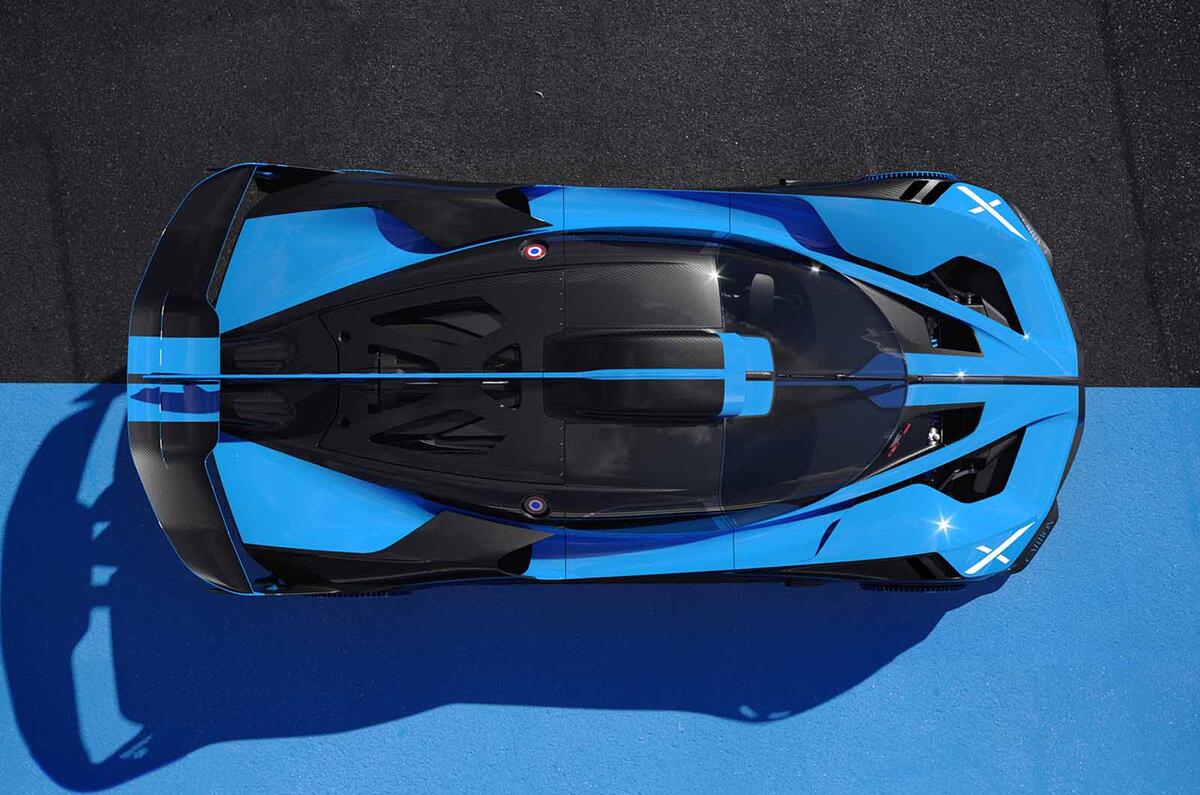
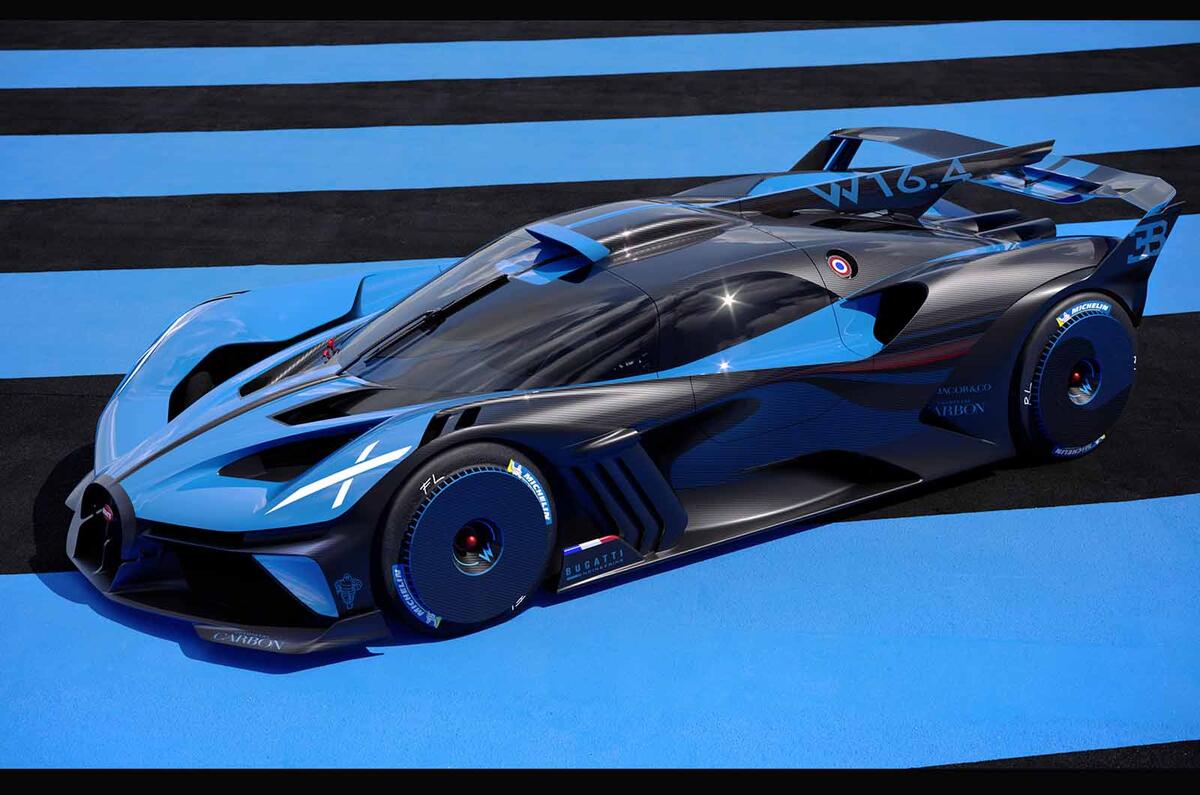
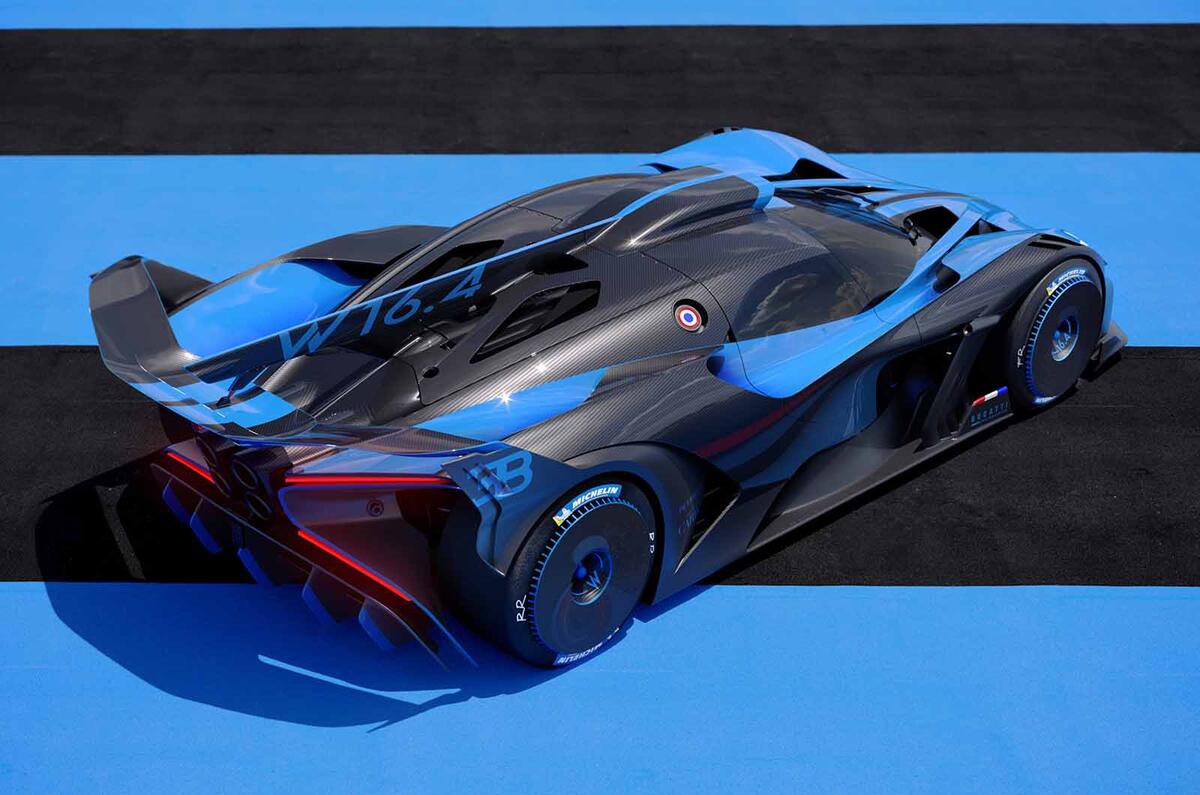
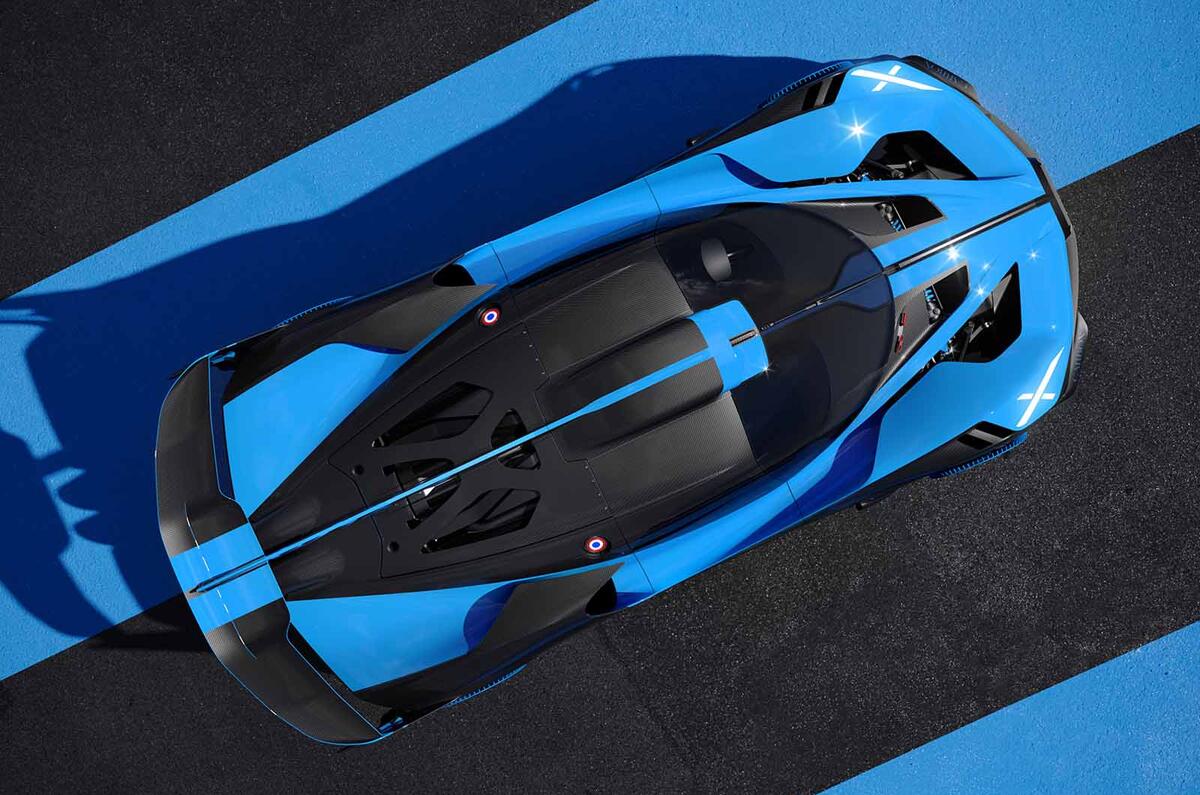
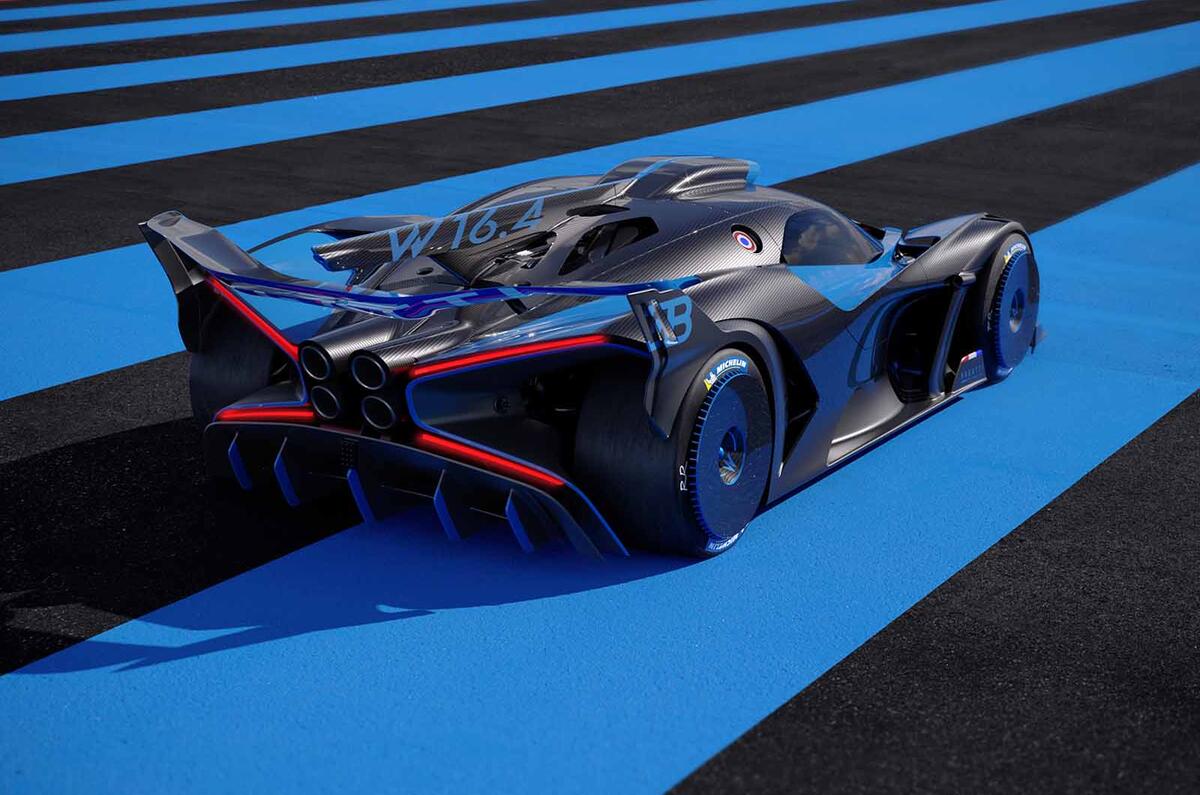
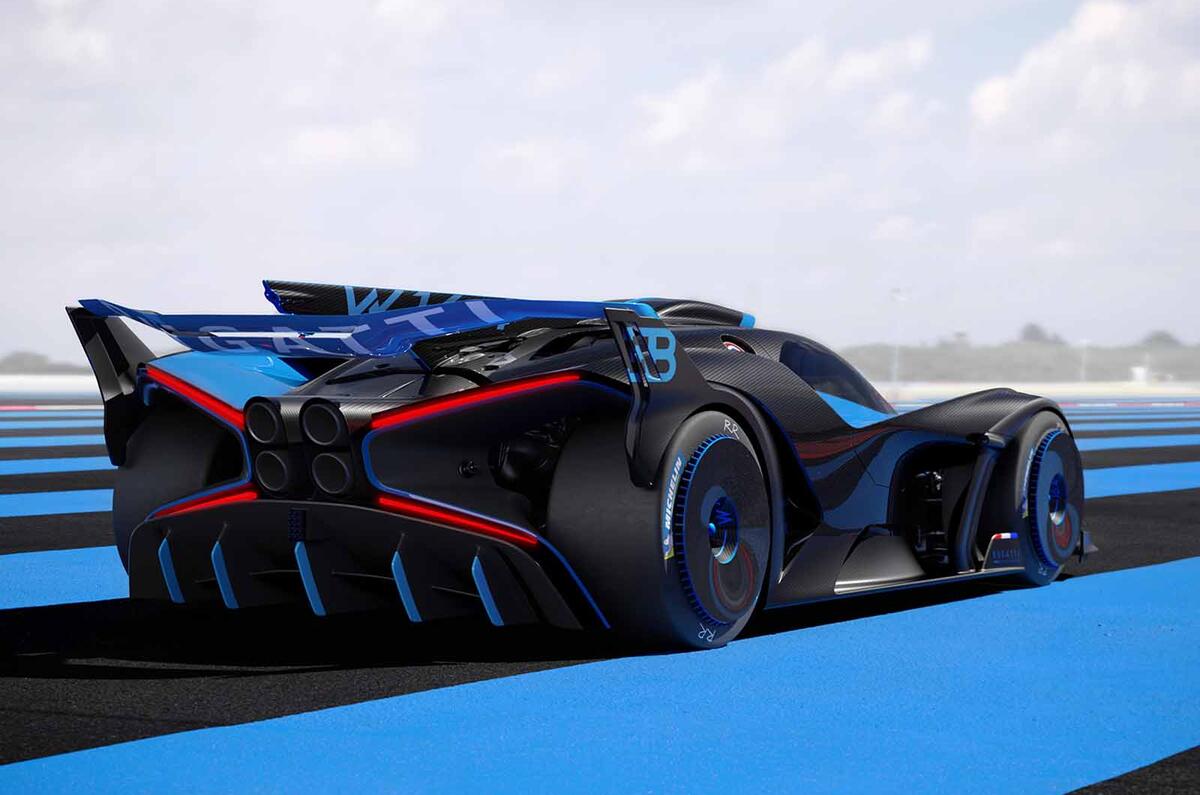
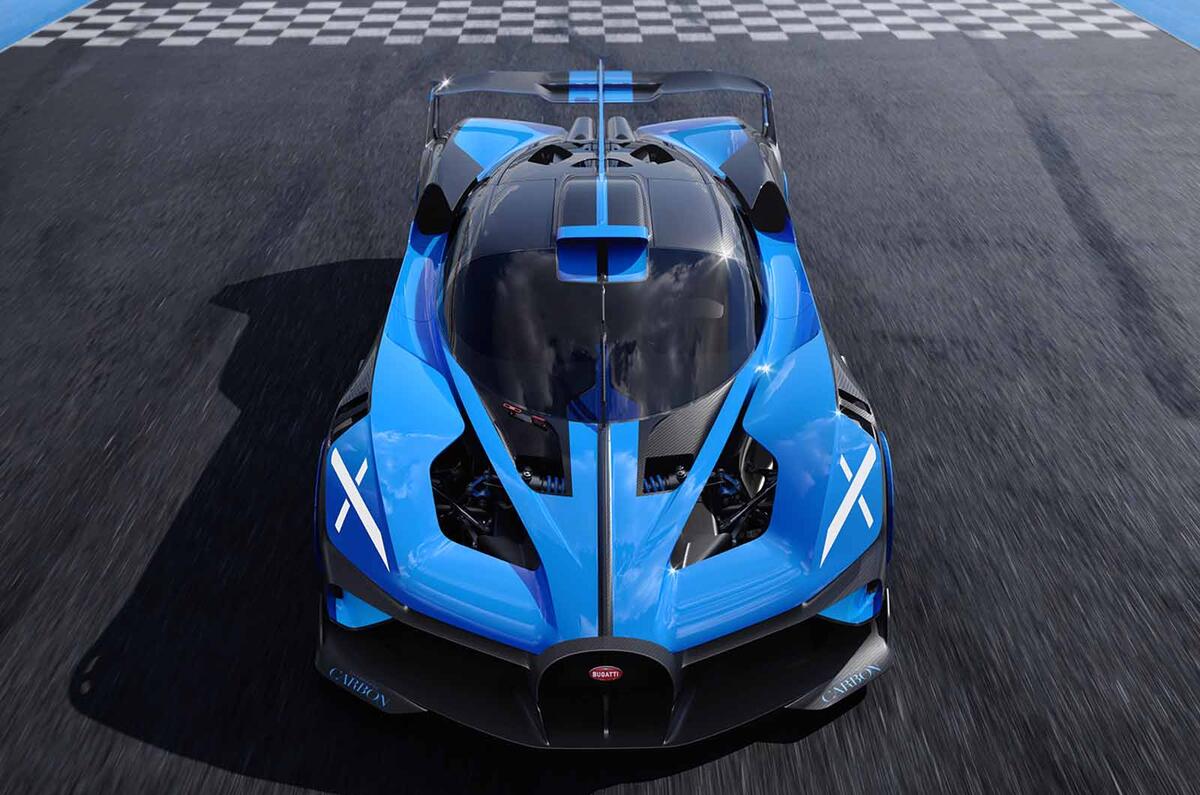
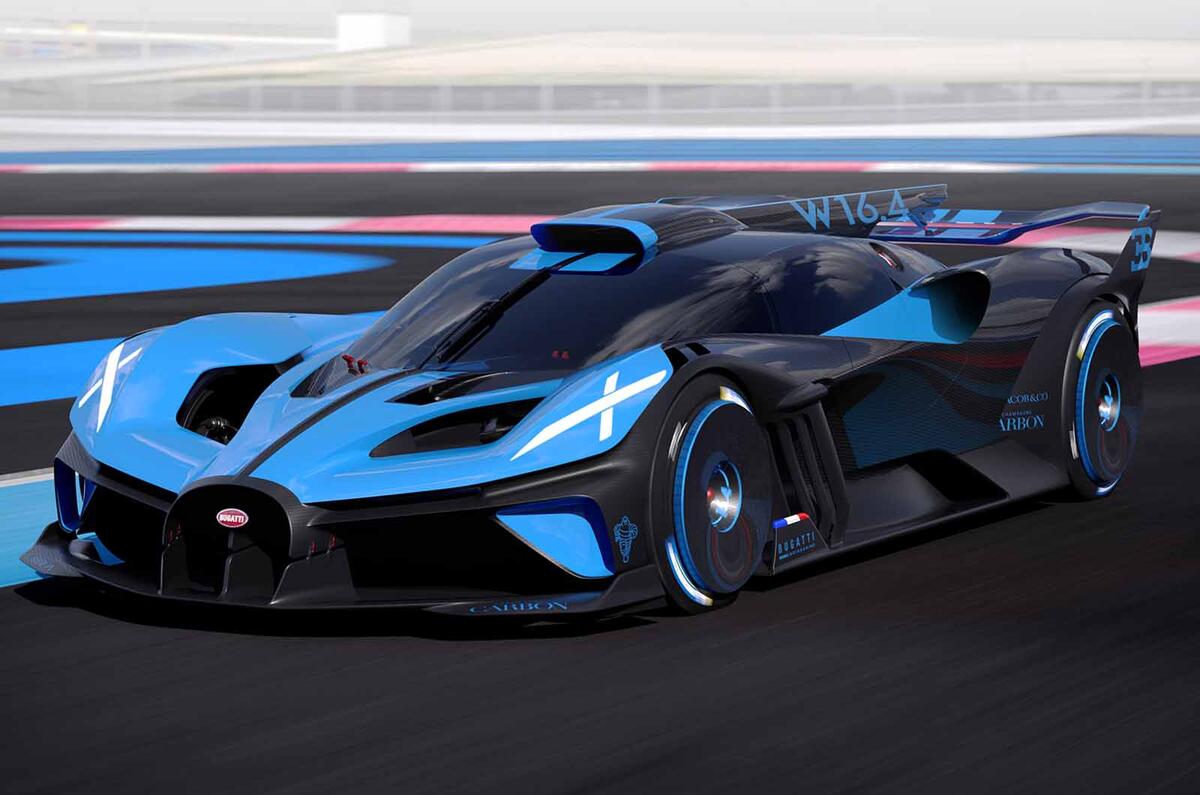
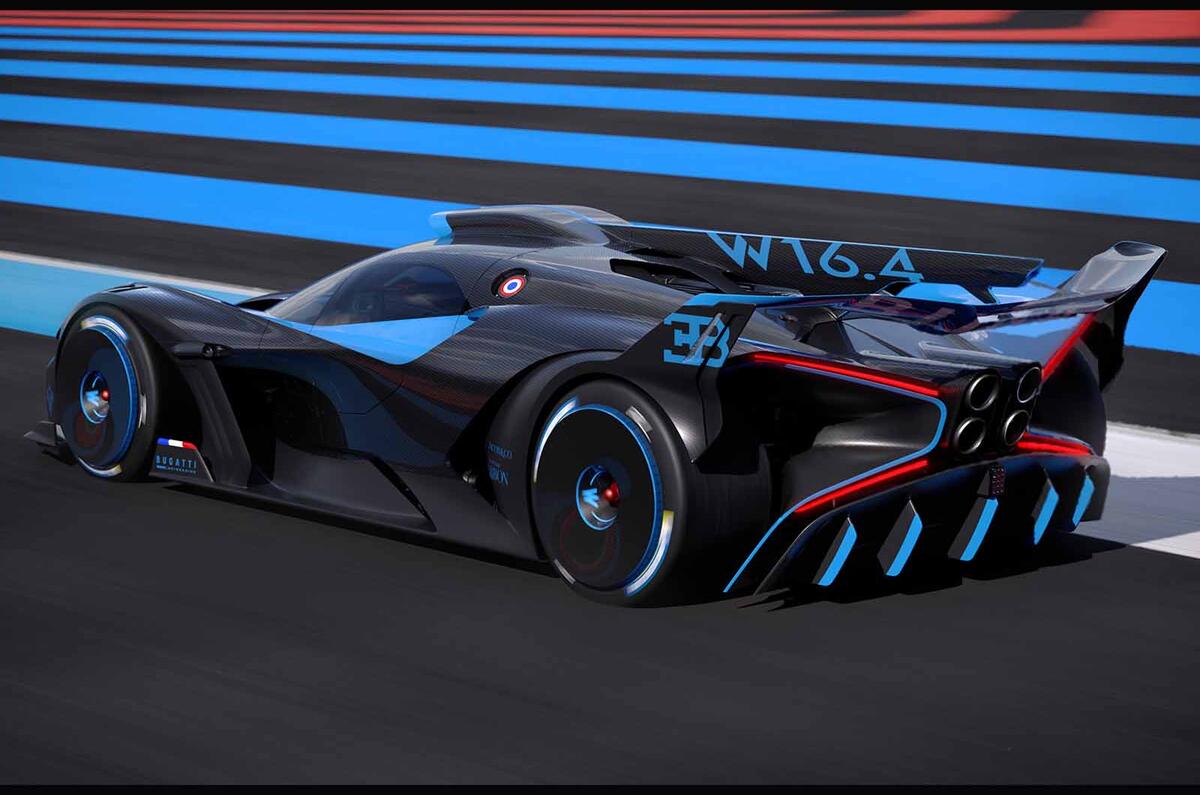
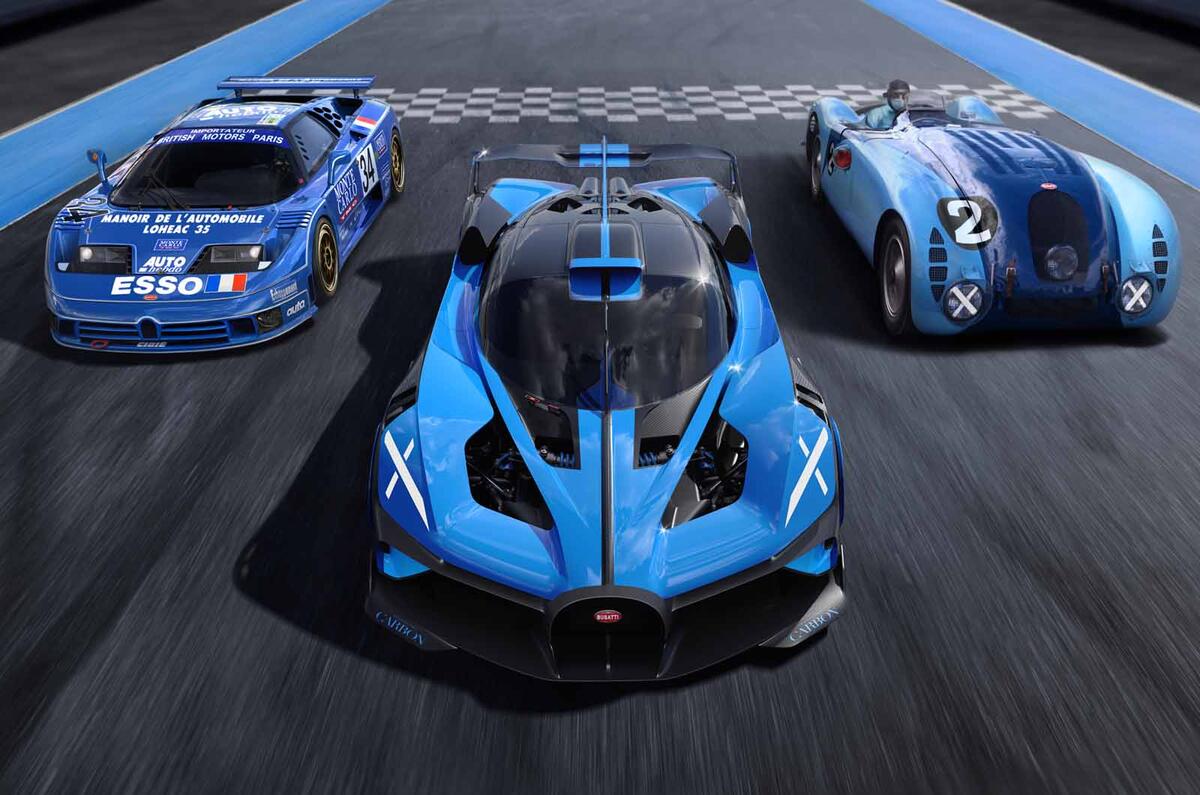



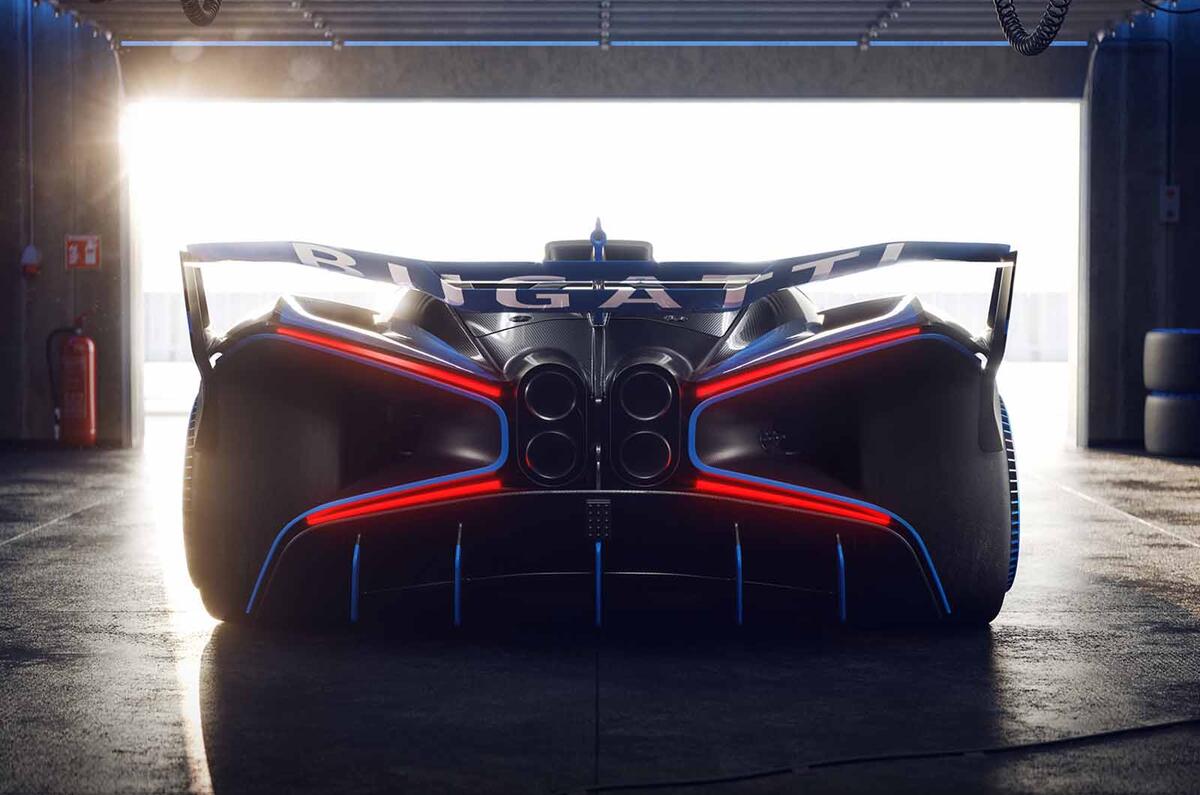
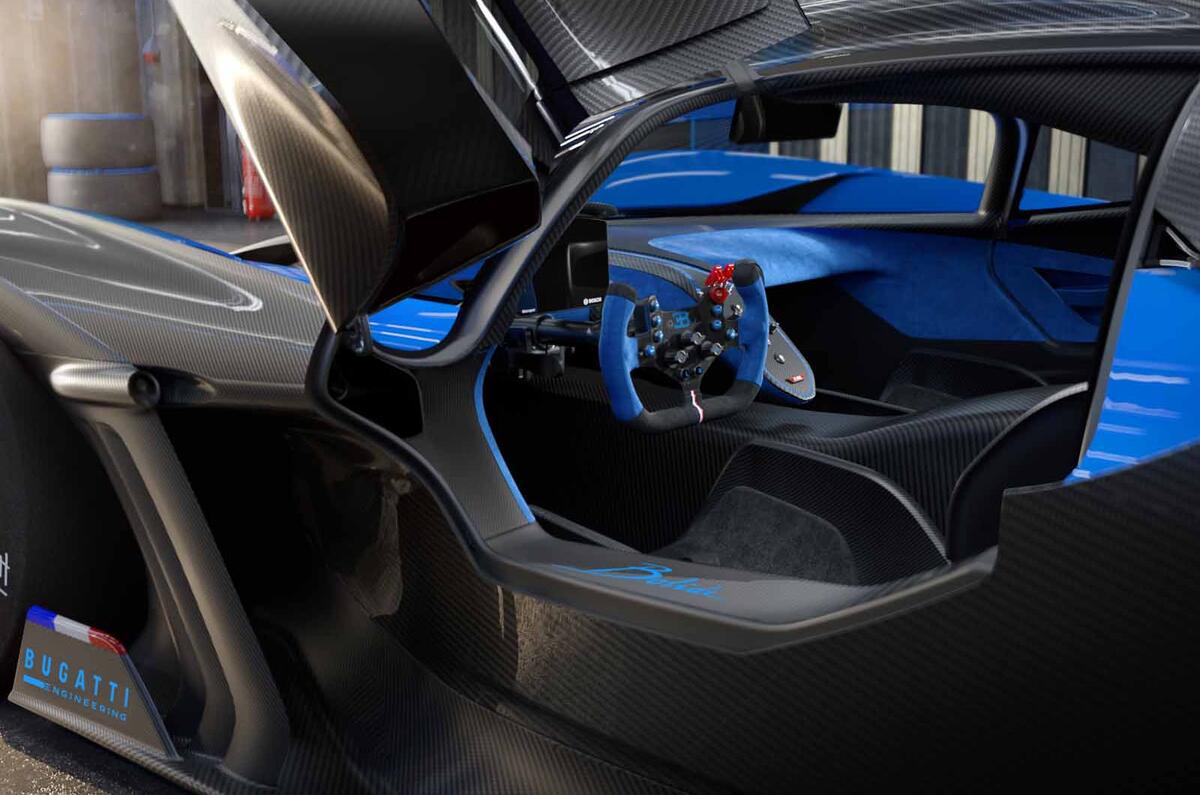
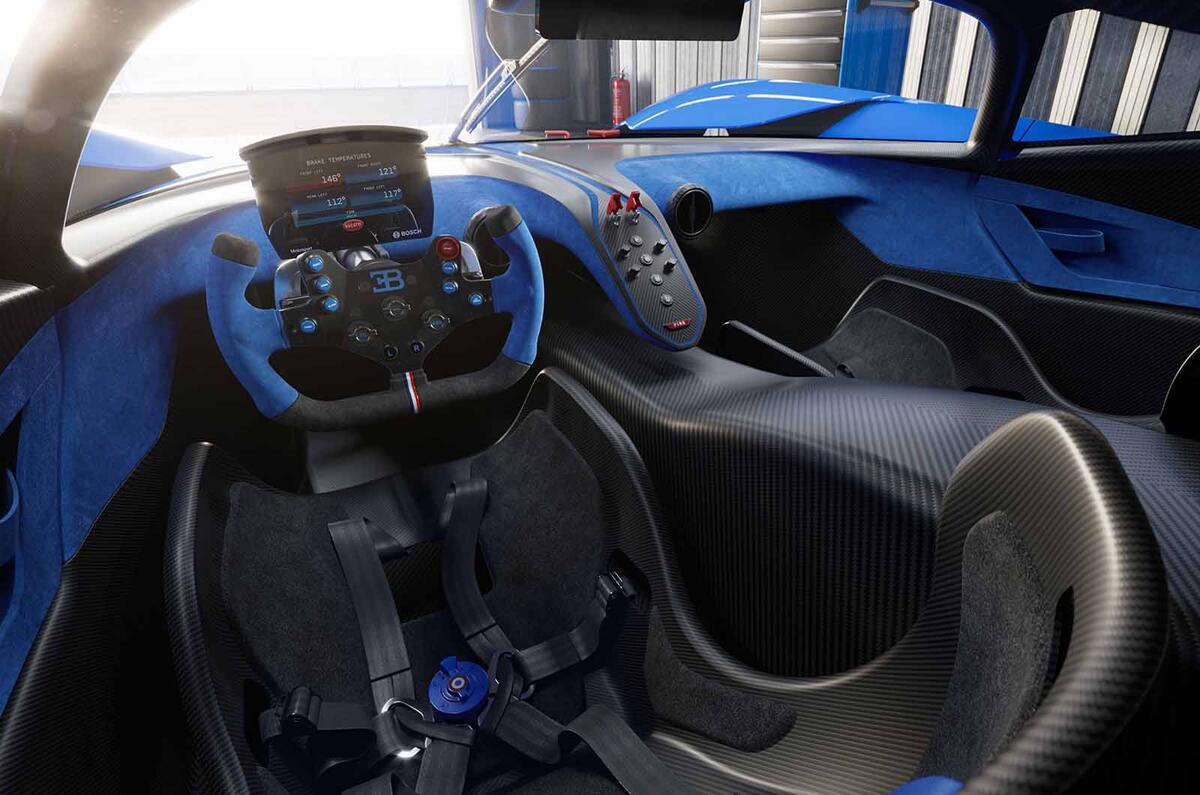
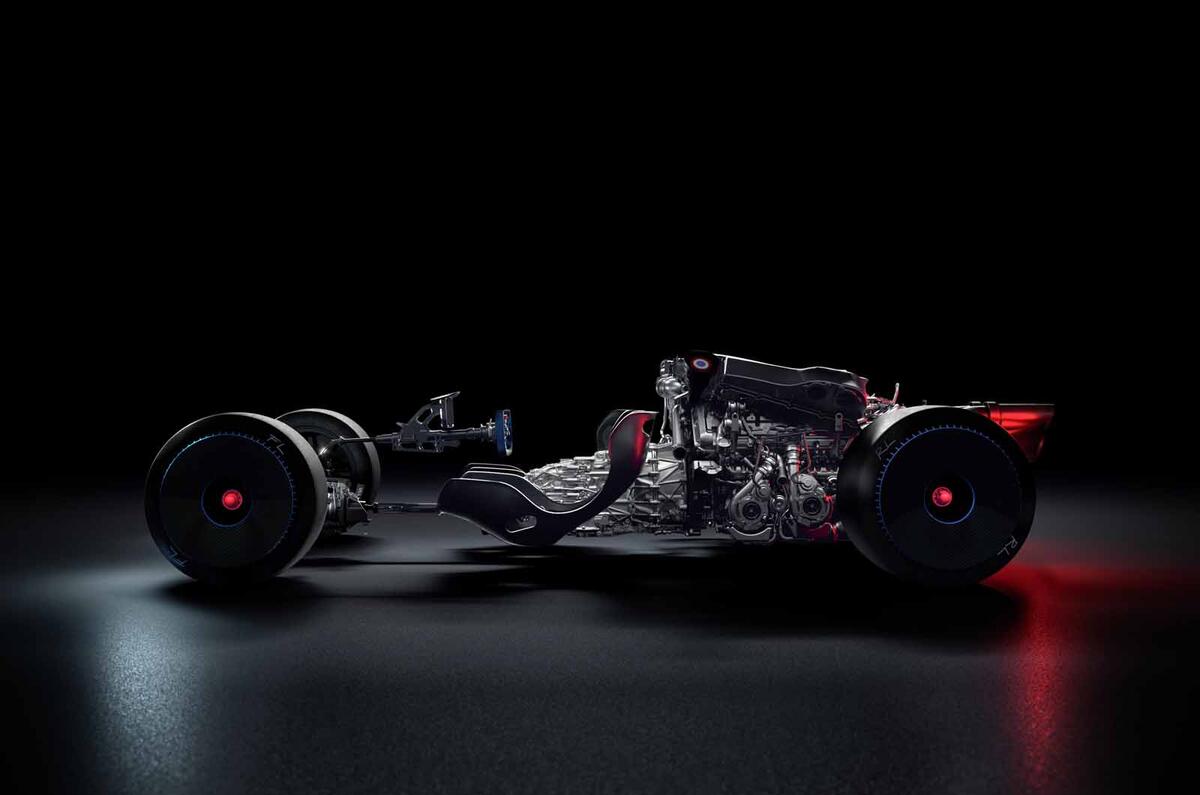





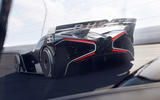







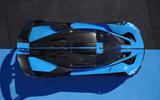


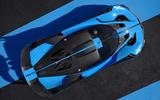














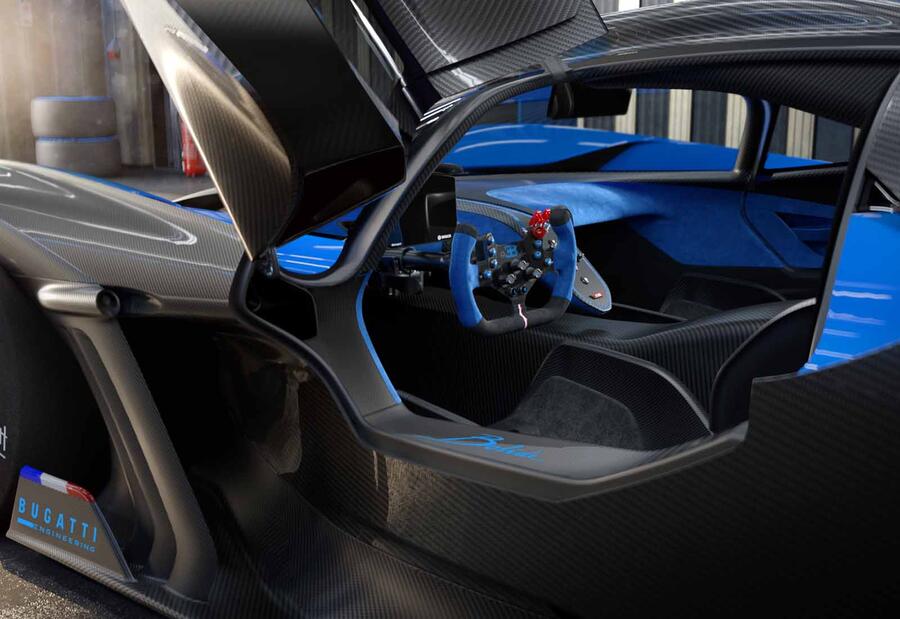





Join the debate
Add your comment
Jenson buttons driving round Leguna seca, (en un Lotus, Latest).
Damn! This, a T20 or a Valkyrie? If you can afford any you can afford them all, and it's too hard to choose only one!
Batmobile
Paint it matt black & it could be the next batmobile!